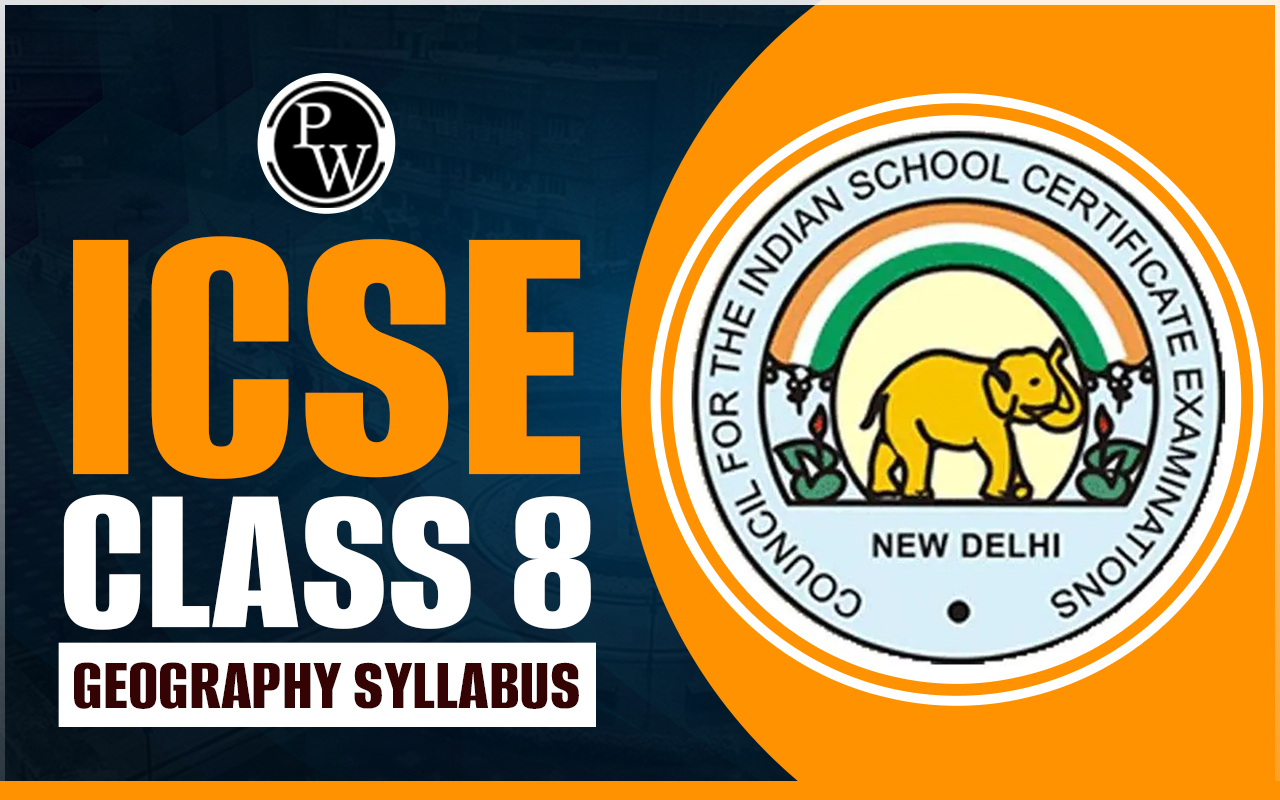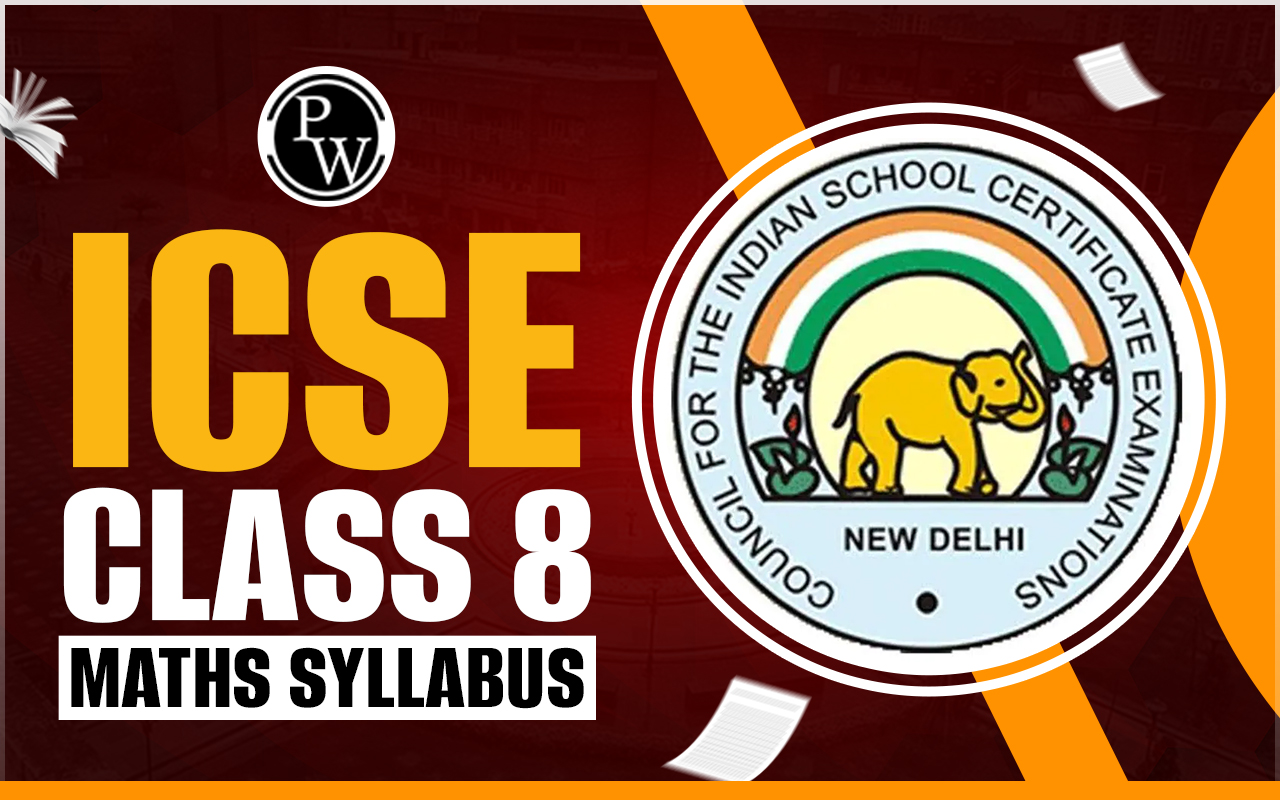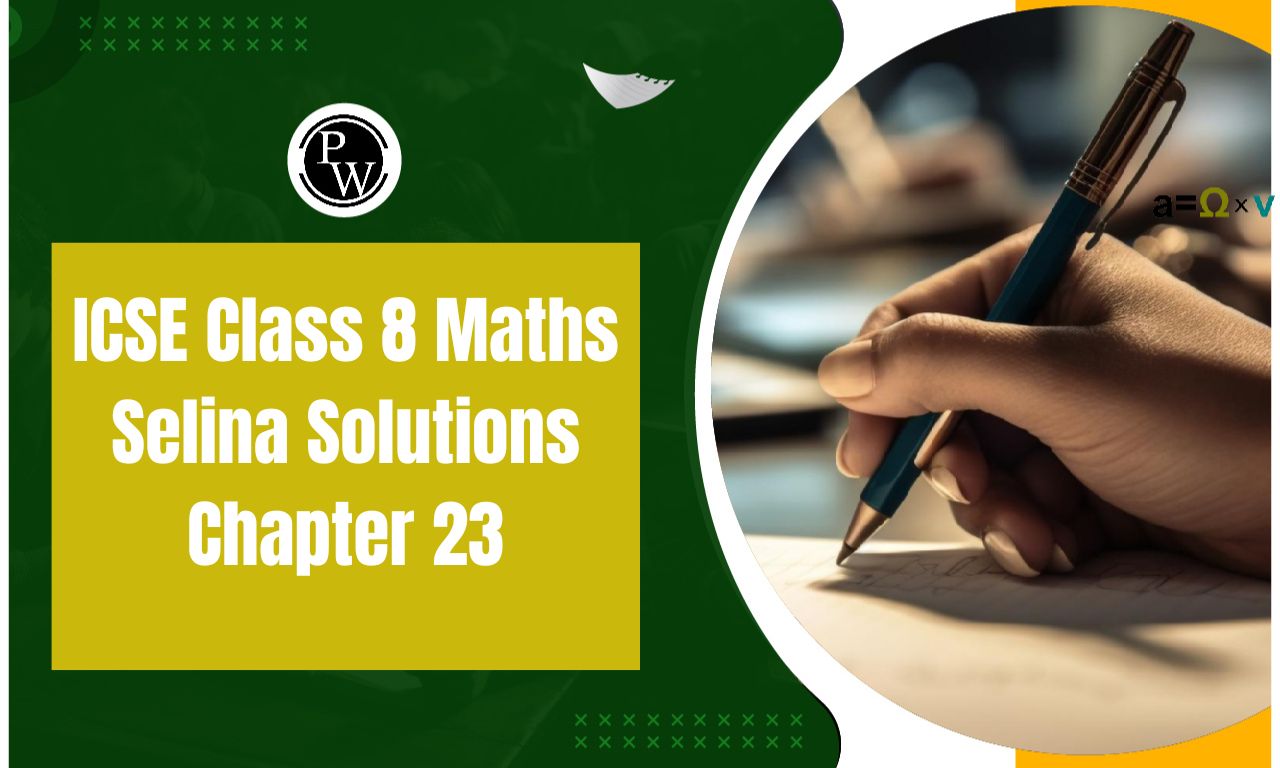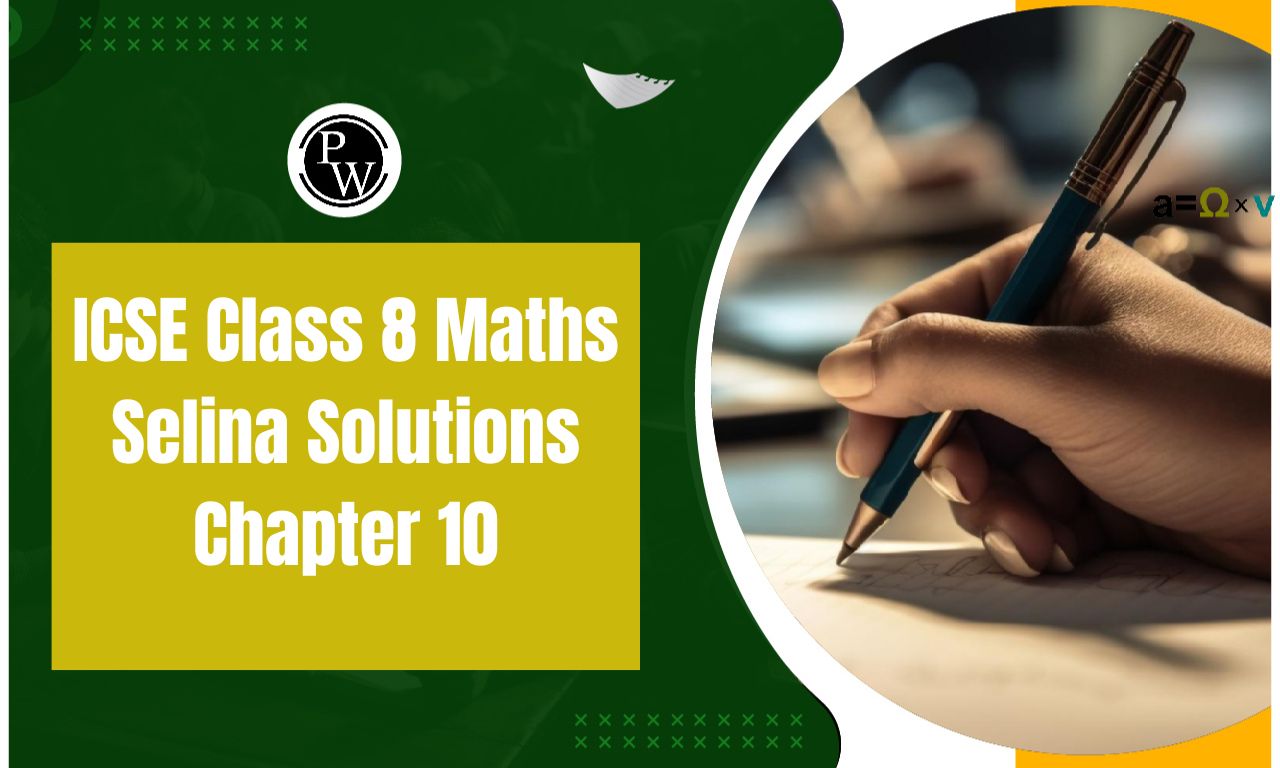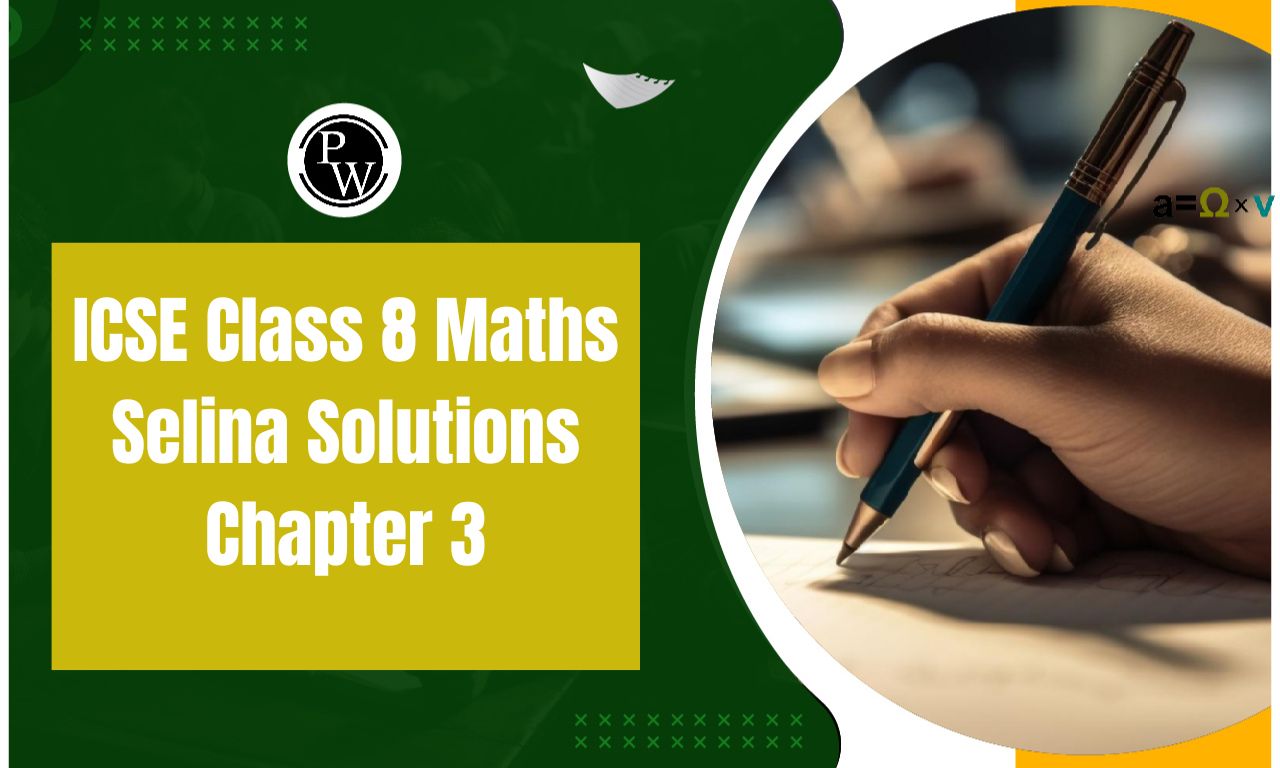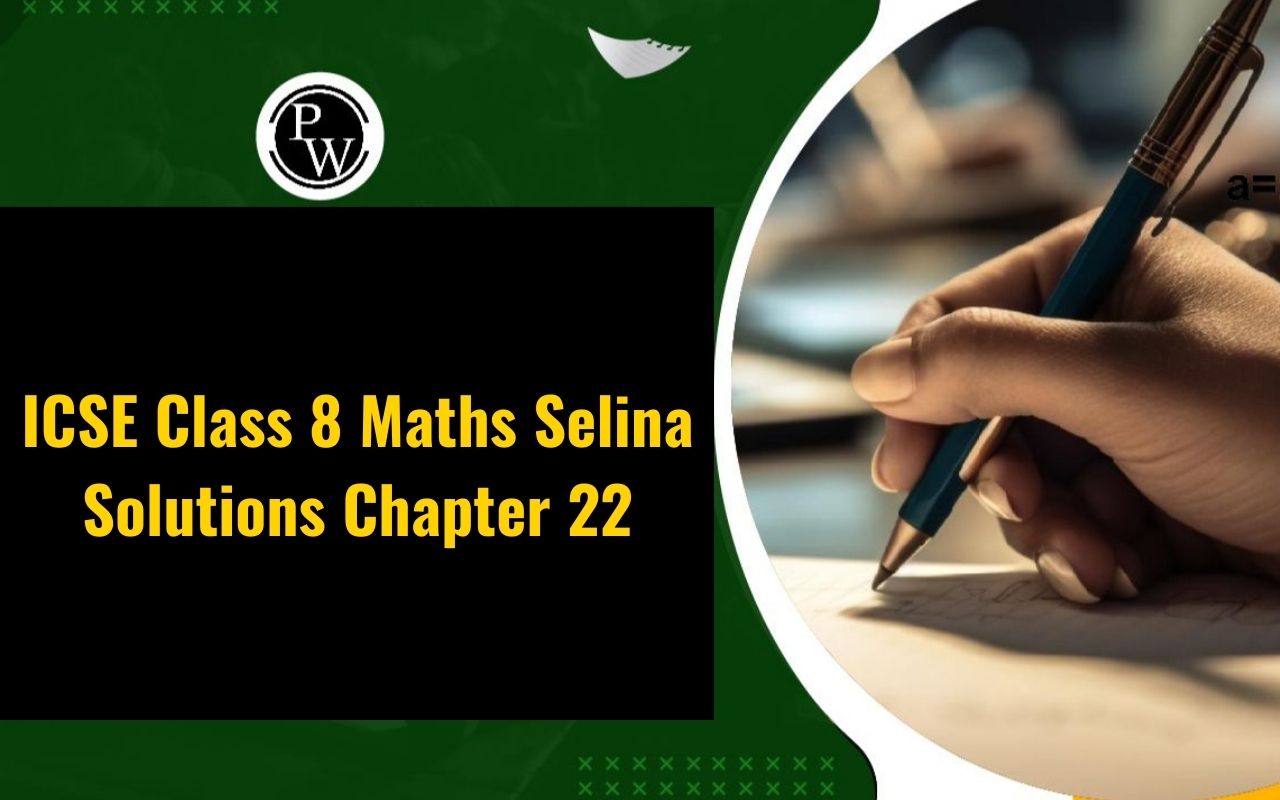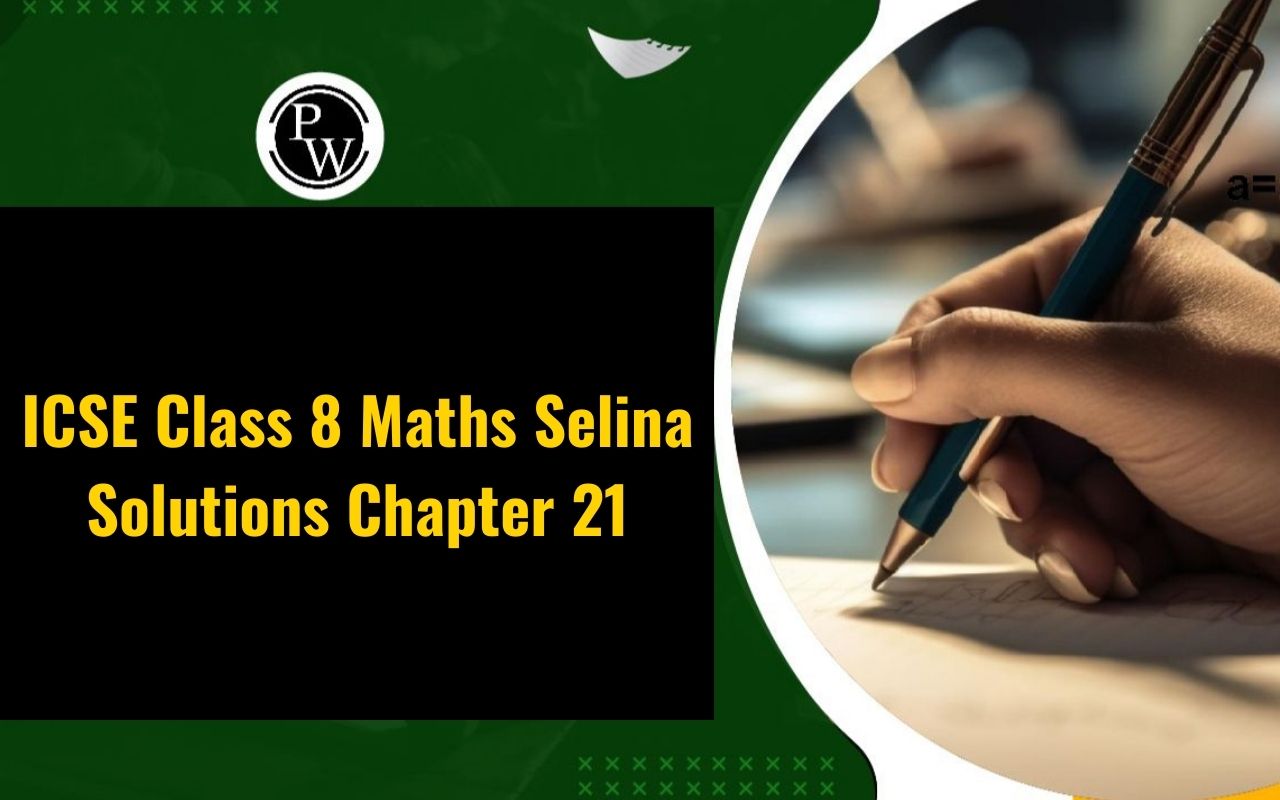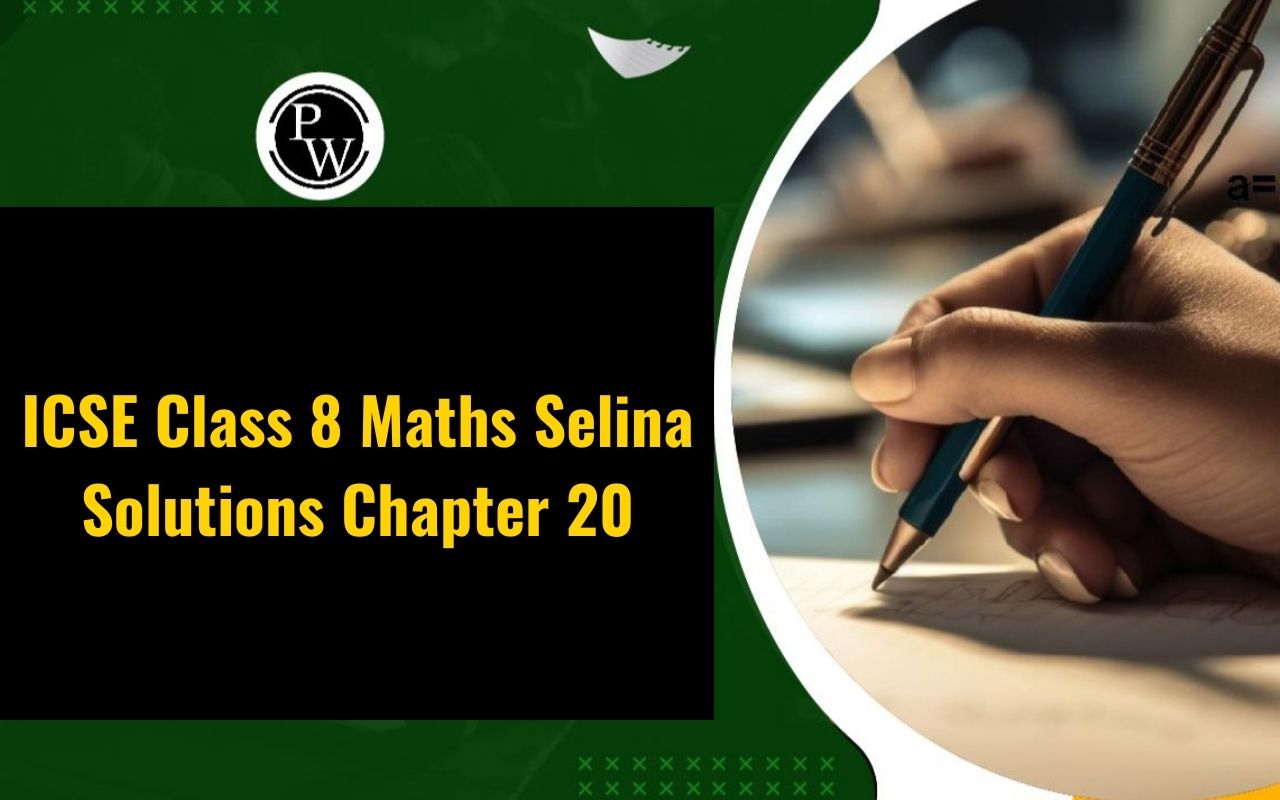
ICSE Class 8 syllabus for the academic year 2025-26 provides students with a comprehensive learning experience across all major subjects. It covers important topics in languages, mathematics, science, and social studies, aimed at developing a strong conceptual understanding and practical knowledge.
Knowing the syllabus in detail helps students plan their studies effectively and stay focused on key areas, ensuring they are well-prepared for their exams and future academic challenges.
ICSE Class 8 Syllabus 2025-26 PDF Download Subject-wise
Students preparing for the ICSE Class 8 exams in 2025-26 can easily download the detailed syllabus PDFs for each subject. These PDFs provide a clear and complete list of all the chapters and topics that need to be studied throughout the academic year.
By downloading and referring to the syllabus, students can organize their study schedule effectively and ensure they cover every important area before the exams. Access to the syllabus also helps students stay updated with any changes in the curriculum or exam pattern introduced by the ICSE board.
|
ICSE Class 8 Syllabus 2025-26 PDF Download Subject-wise |
|
|
Subject |
Download Link |
|
ICSE Class 8 English Syllabus |
|
|
ICSE Class 8 Maths Syllabus |
|
|
ICSE Class 8 Biology Syllabus |
|
|
ICSE Class 8 Chemistry Syllabus |
|
|
ICSE Class 8 Physics Syllabus |
|
|
ICSE Class 8 SST Syllabus |
|
ICSE Class 8 English Syllabus
includes a variety of topics designed to strengthen students’ understanding of the language. Below is a detailed list of all the chapters and concepts that students need to study for the academic year 2025-26.
|
ICSE Class 8 English Syllabus |
|
|
Serial Number |
Topic Name |
|
1 |
Parts of Speech |
|
2 |
Comprehension Passage |
|
3 |
Tenses (Present Tense) |
|
4 |
Tenses (Past Tense) |
|
5 |
Tenses (Future Tense) |
|
6 |
Sentences (Part 1) |
|
7 |
Sentences (Part 2) |
|
8 |
Subject-Verb Agreement |
|
9 |
Composition and Paragraph Writing |
|
10 |
Preposition |
|
11 |
Letter Writing - Formal and Informal |
|
12 |
Determiners |
|
13 |
Conjunctions |
|
14 |
Active and Passive Voice (Part 1) |
|
15 |
Active and Passive Voice (Part 2) |
|
16 |
Notice and E-mail Writing / Diary Writing |
|
17 |
Adjectives and Adverbs |
|
18 |
Conjunctions |
|
19 |
Summary and Precise Writing / Figures of Speech / Story Writing |
|
20 |
Reported Speech (Part 1) |
|
21 |
Reported Speech (Part 2) |
|
22 |
Modals |
|
23 |
Transformation of Sentences (Part 1) |
|
24 |
Transformation of Sentences (Part 2) |
|
25 |
Phrases and Clauses |
|
26 |
Articles |
|
27 |
Homonyms / Homophones |
ICSE Class 8 Maths Syllabus
ICSE Class 8 Maths syllabus for 2025-26 includes a wide range of topics that help students develop strong analytical and problem-solving skills. From number systems to algebra, geometry, mensuration, and data handling, the syllabus ensures a balanced approach to theoretical and practical learning. Below is the list of chapters included in the curriculum:
|
ICSE Class 8 Maths Syllabus |
|
|
Chapter Number |
Chapter Name |
|
Chapter 1 |
Rational Numbers |
|
Chapter 2 |
Exponents and Powers |
|
Chapter 3 |
Squares and Square Roots |
|
Chapter 4 |
Cubes and Cube Roots |
|
Chapter 5 |
Playing with Numbers |
|
Chapter 6 |
Sets |
|
Chapter 7 |
Percent and Percentage |
|
Chapter 8 |
Profit and Loss |
|
Chapter 9 |
Simple and Compound Interest |
|
Chapter 10 |
Direct and Inverse Variation |
|
Chapter 11 |
Algebraic Expressions |
|
Chapter 12 |
Algebraic Identities |
|
Chapter 13 |
Factorisation |
|
Chapter 14 |
Linear Equations in One Variable |
|
Chapter 15 |
Linear Inequations |
|
Chapter 16 |
Quadrilaterals |
|
Chapter 17 |
Special Types of Quadrilaterals |
|
Chapter 18 |
Construction |
|
Chapter 19 |
Representing 3-D in 2-D |
|
Chapter 20 |
Symmetry – Reflection and Rotation |
|
Chapter 21 |
Area of a Trapezium and Polygons |
|
Chapter 22 |
Surface Area, Volume, and Capacity |
|
Chapter 23 |
Data Handling |
|
Chapter 24 |
Probability |
ICSE Class 8 Biology Syllabus
ICSE Class 8 Biology syllabus for 2025–26 helps students explore important life processes and biological systems. It covers various topics such as plant and animal reproduction, the human body systems, diseases, and environmental studies. The chapters listed below provide a solid foundation for understanding biology at an advanced level.
|
ICSE Class 8 Biology Syllabus |
|
|
Chapter Number |
Chapter Name |
|
Chapter 1 |
Transport of Food and Minerals in Plants |
|
Chapter 2 |
Reproduction in Plants |
|
Chapter 3 |
Reproduction in Animals |
|
Chapter 4 |
Ecosystem |
|
Chapter 5 |
Endocrine System |
|
Chapter 6 |
Adolescence |
|
Chapter 7 |
Circulatory System |
|
Chapter 8 |
Nervous System |
|
Chapter 9 |
Diseases and First Aid |
|
Chapter 10 |
Food Production and Management |
ICSE Class 8 Chemistry Syllabus
ICSE Class 8 Chemistry syllabus for 2025–26 focuses on helping students understand the basics of matter, chemical reactions, atomic structure, and key elements like carbon and hydrogen. It lays a strong foundation for higher-level chemistry studies by blending theoretical concepts with real-world applications.
|
ICSE Class 8 Chemistry Syllabus |
|
|
Chapter Number |
Chapter Name |
|
Chapter 1 |
Matter |
|
Chapter 2 |
Physical and Chemical Changes |
|
Chapter 3 |
Elements, Compounds and Mixtures |
|
Chapter 4 |
Atomic Structure |
|
Chapter 5 |
Language of Chemistry |
|
Chapter 6 |
Chemical Reactions |
|
Chapter 7 |
Carbon and its Compounds |
|
Chapter 8 |
Water |
|
Chapter 9 |
Hydrogen |
ICSE Class 8 Physics Syllabus
ICSE Class 8 Physics syllabus for 2025–26 introduces students to fundamental physical concepts through engaging topics such as energy, force, sound, heat, and electricity. This syllabus is designed to strengthen analytical thinking and build a strong base for advanced science studies in higher classes.
|
ICSE Class 8 Physics Syllabus |
|
|
Chapter Number |
Chapter Name |
|
Chapter 1 |
Roadmap |
|
Chapter 2 |
Matter – Kinetic Theory of Matter |
|
Chapter 3 |
Physical Quantities and Measurements |
|
Chapter 4 |
Force and Pressure |
|
Chapter 5 |
Energy |
|
Chapter 6 |
Light Energy |
|
Chapter 7 |
Heat Transfer |
|
Chapter 8 |
Sound |
|
Chapter 9 |
Electricity |
ICSE Class 8 SST Syllabus
ICSE Class 8 Social Studies (SST) syllabus for 2025–26 provides students an in-depth understanding of History, Geography, and Civics. It covers a broad range of topics, from colonial rule and social reform movements to natural resources and constitutional values. This comprehensive syllabus builds awareness of India’s past and present while encouraging critical thinking.
|
ICSE Class 8 SST Syllabus |
|
|
Chapter Number |
Chapter Name |
|
Chapter 1 |
Our Resources |
|
Chapter 2 |
A Period of Transition |
|
Chapter 3 |
The Constitution of India |
|
Chapter 4 |
Land and Soil Resources |
|
Chapter 5 |
The Growth of Nationalism: The Age of Revolutions |
|
Chapter 6 |
Secularism and the Indian Constitution |
|
Chapter 7 |
Water Resources |
|
Chapter 8 |
Parliamentary Government and the Union Executive |
|
Chapter 9 |
The American Civil War |
|
Chapter 10 |
Natural Vegetation and Wildlife Resources |
|
Chapter 11 |
Modern Period in Indian History – When, Where and How |
|
Chapter 12 |
The Judiciary |
|
Chapter 13 |
Mineral and Power Resources |
|
Chapter 14 |
Understanding Laws |
|
Chapter 15 |
Colonial Rule in India |
|
Chapter 16 |
Types of Agriculture and Major Crops |
|
Chapter 17 |
Role of Police and Courts |
|
Chapter 18 |
Colonial Administration |
|
Chapter 19 |
Rural Life and Society |
|
Chapter 20 |
Major Crops and Agricultural Development |
|
Chapter 21 |
Colonialism and Tribal Societies |
|
Chapter 22 |
Understanding Marginalisation |
|
Chapter 23 |
Weavers, Crafts and Industries |
|
Chapter 24 |
Manufacturing Industries |
|
Chapter 25 |
Revolt of 1857 |
|
Chapter 26 |
Social Justice and the Marginalised |
|
Chapter 27 |
Education and British Rule |
|
Chapter 28 |
Industries: Comparative Studies |
|
Chapter 29 |
Socio-Religious Reforms |
|
Chapter 30 |
Economic Presence of the Government |
|
Chapter 31 |
Challenging the Caste System |
|
Chapter 32 |
Human Resources |
|
Chapter 33 |
Colonialism and Urban Changes |
|
Chapter 34 |
The United Nations |
|
Chapter 35 |
Changes in Art and Architecture |
|
Chapter 36 |
Indian National Movement |
|
Chapter 37 |
National Movement: Gandhian Era |
|
Chapter 38 |
India After Independence |
ICSE Class 8 Syllabus FAQs
Has the ICSE Class 8 syllabus changed for the academic year 2025?
Is ICSE Class 8 syllabus helpful for competitive exams?
Does the ICSE Class 8 syllabus include practical learning?
How many subjects are there in ICSE Class 8?

